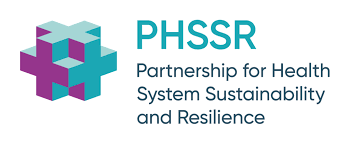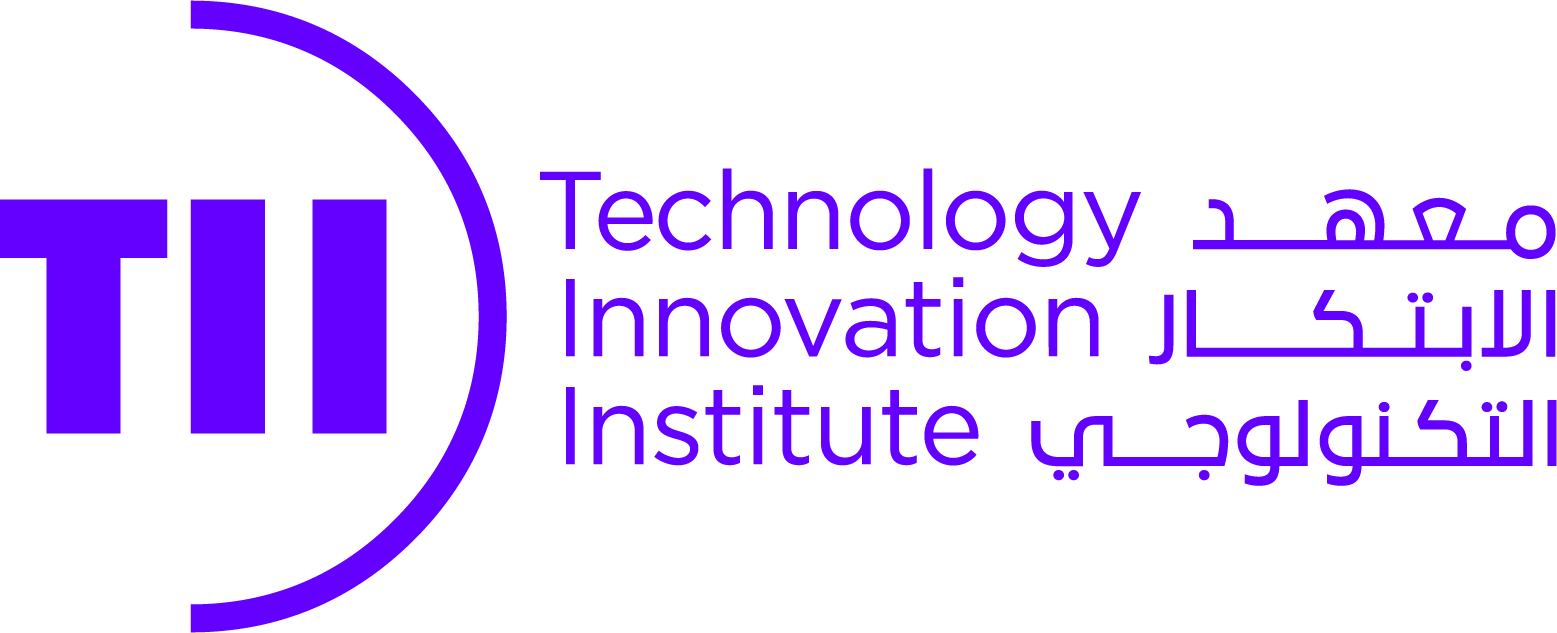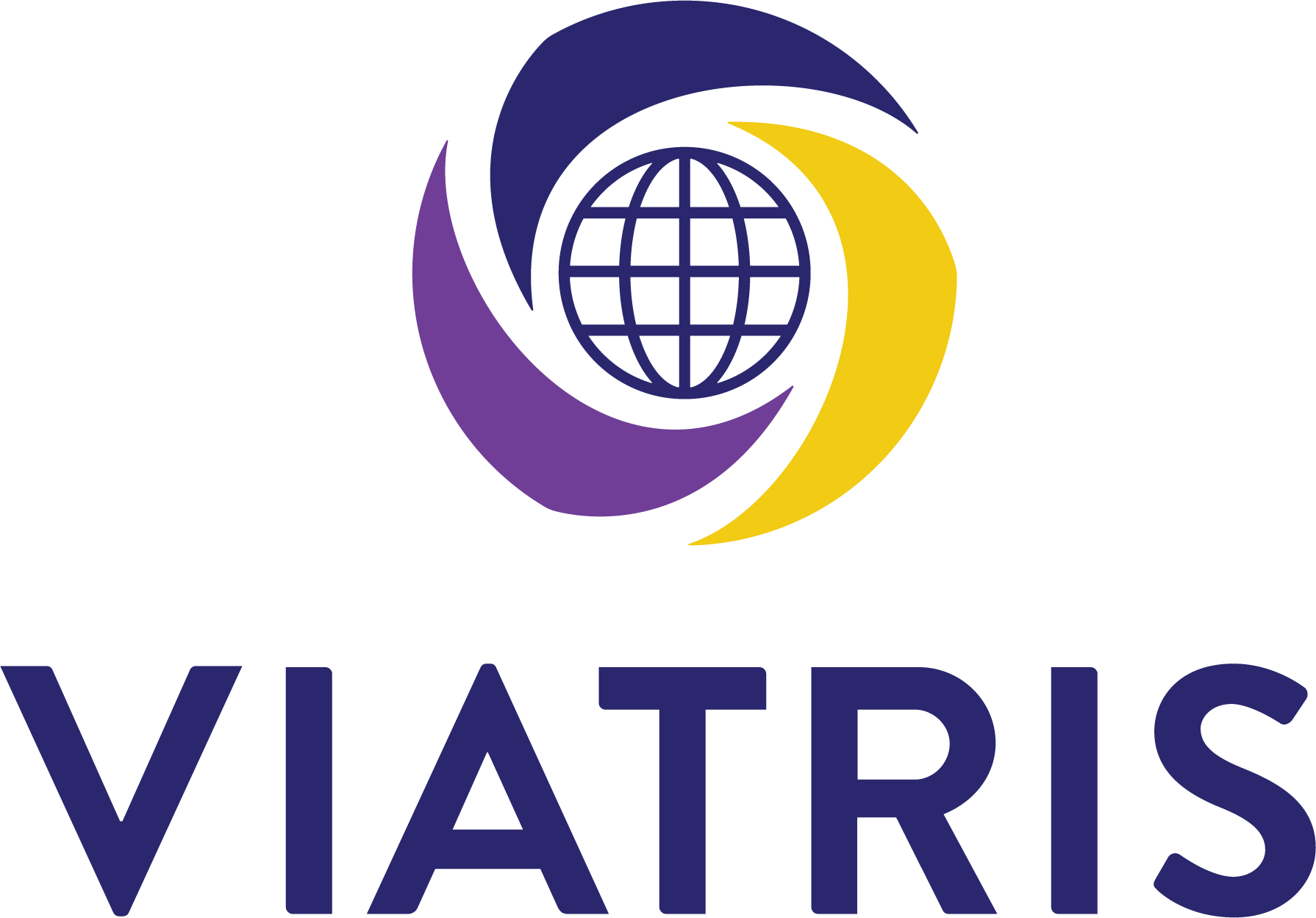تحت رعاية سموّ الشيخ خالد بن محمد بن زايد آل نهيان، ولي عهد أبوظبي رئيس المجلس التنفيذي لإمارة أبوظبي
Under the Patronage of His Highness Sheikh Khaled bin Mohamed bin Zayed Al Nahyan, Crown Prince of Abu Dhabi and Chairman of Abu Dhabi Executive Council
Recently Published Real-World Evidence Study Shows Effectiveness of Cell-Based Quadrivalent Influenza Vaccine Over Three Seasons
SUMMIT, N.J., May 2, 2024 /PRNewswire/ -- CSL Seqirus, a business of CSL (ASX: CSL), today announced a real-world evidence (RWE) study recently published in Open Forum Infectious Diseases (OFID), showing that a cell-based quadrivalent influenza vaccine (QIVc) prevented more test-confirmed influenza cases among individuals 4–64 years of age compared with the egg-based quadrivalent influenza vaccine (QIVe) over three consecutive U.S. influenza seasons (2017–2020).1 These data add to the growing wealth of evidence supporting the benefits of cell-based influenza vaccines.
The study collected RWE from 31,824, 33,388, and 34,398 subjects in the 2017–2018, 2018–2019, and 2019–2020 seasons, respectively.1 Findings show a higher relative effectiveness of QIVc over QIVe in the prevention of test-confirmed influenza, with estimated relative vaccine effectiveness (rVE) of 14.8% for the 2017–18 season, 12.5% for 2018–19, and 10.0% for 2019–20.1 rVE means the effectiveness of one vaccine relative to another.
“This study exemplifies the value of RWE in generating valuable insights into the effectiveness of influenza vaccines,” said Alicia N. Stein, Director, Real World Evidence, Center for Outcomes Research and Epidemiology, CSL Seqirus. “With data collected over three consecutive seasons, our study suggests higher vaccine effectiveness of cell-based quadrivalent influenza vaccines compared with standard egg-based influenza vaccines.”
Influenza vaccines produced using egg-based manufacturing can undergo adaptation within the manufacturing process, which may result in a mismatch between the strains covered in the vaccine and those that are identified by the World Health Organization (WHO).2
“Cell-based technology allows us to provide an exact antigenic match to the WHO’s identified strains, helping to improve vaccine effectiveness versus standard egg-based vaccines. These data build on the growing evidence of real-world data that shows the benefits of our cell-based influenza vaccine,” said Gregg Sylvester, Chief Health Officer and Head of Medical Affairs, CSL Seqirus. “At CSL Seqirus, we’re continually driving vaccine technology forward, in order to improve effectiveness and help keep communities healthy.”
About the Study
Researchers used a retrospective test-negative design (TnD) to estimate the relative vaccine effectiveness (rVE) of QIVc versus QIVe among individuals aged 4–64 years who had an acute respiratory or febrile illness and were tested for influenza in routine outpatient care.1 The study, the largest TnD RWE for QIVc to date, included 31,824, 33,388, and 34,398 subjects in the 2017–2018, 2018–2019, and 2019–2020 seasons, respectively; ~10% received QIVc and ~90% received QIVe.1
The results reveal higher relative vaccine effectiveness of QIVc versus QIVe in prevention of test-confirmed influenza; rVEs were 14.8% in 2017–2018, 12.5% in 2018–2019, and 10.0% in 2019–2020.1
Study Limitations
The above study featuring RWE was subject to the typical limitations associated with retrospective cohort analyses. Observational studies have limitations including the potential for selection bias and residual confounding. TnD studies offer significant advantages over other observational studies and reflect the real world, however they are not as definitive as Randomized Controlled Trials (RCTs) in establishing causality. We recommend interpreting these results within a comprehensive evidence framework that includes various study designs for a well-rounded perspective on vaccine efficacy/effectiveness.
About Seasonal Influenza
Influenza is a frequently occurring, contagious seasonal respiratory disease that may cause severe illness and life-threatening complications in some people.3 Influenza can lead to clinical symptoms varying from mild to moderate respiratory illness to severe complications, hospitalization and in some cases, death.3 Because transmission of influenza viruses to others may occur before symptoms develop and up to 5 to 7 days after becoming sick, the disease can be easily transmitted to others.3 Preliminary estimates from the Centers for Disease Control and Prevention (CDC) report that during the 2023/24 influenza season, there have been an estimated 380,000-780,000 influenza-related hospitalizations in the U.S.4 The CDC recommends annual vaccination for individuals aged 6 months and older, who do not have any contraindications.5 Since it takes about two weeks after vaccination for antibodies to develop in the body that help protect against influenza virus infection, it is recommended that people get vaccinated before influenza begins spreading in their community.5 The CDC recommends that most people get vaccinated by the end of October.5
Source: AP






































